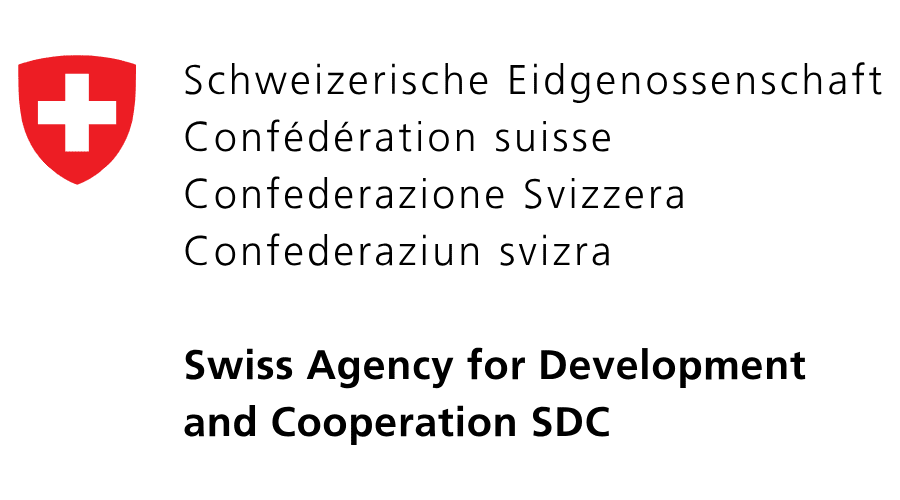Training of Trainers to improve Rural Water Supply in Tanzania

The participants of the “Training of Trainers” workshop in September 2022 © SHIPO
Description of the Project
Since September 2021, the Southern Highlands Participatory Organization (SHIPO) and Skat Foundation have been working together to support staff of RUWASA in planning, designing maintenance and management of rural water supply networks. The main aim of this project is to enhance capacities of the state actor in delivering sustainable water supply in rural Tanzania.
The courses were delivered in nine regions in Tanzania. The training addresses the following topics: problem identification; collaboration with local village committees; planning, implementing, and managing water projects at the Regional and District levels in Tanzania and use as reference the existing National Design for Water Scheme guidelines and the Water Project Management guidelines for the Community Based Water Supply organization (CBWSOs).
In 2023, 20 additional staff members of RUWASA in four new regions are expected to improve their capacities in Operation and Maintenance of Rural Water Supply Systems following the RUWASA Guidelines.

© SHIPO, 2022
Project Period: 2021-2024
| Thematic Focus: |
|
Name of Staff involved and functions performed: Matthias Saladin, Project Coordinator
Achievements:
30 technical staff improved their skills in the Operation and Maintenance of Rural Water Supply systems using as reference the existing National Design for Water Scheme guidelines and the Water Project Management guidelines for CBWSOs.
Community engagement guidelines were adopted and piloted in Mbeya and Iringa Regions by RUWASA.
Community guidelines have been approved for nation-wide use in May 2022.
In all nine project regions, knowledge transfer plans were developed and implemented, while institutional contracts between RUWASA and the Water Institute were strengthened, benefiting the sector through enhanced professional training.
Name of Partner Organisation:
- Southern Highland Participatory Organization (SHIPO)
- Rural Water Supply and Sanitation Agency (RUWASA)
- The Water Institute
- The Watershed Committee in Arusha regions



